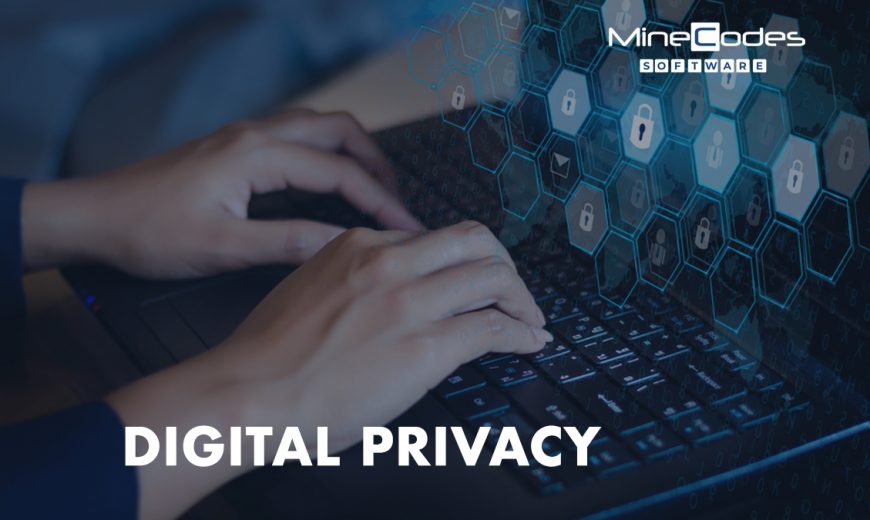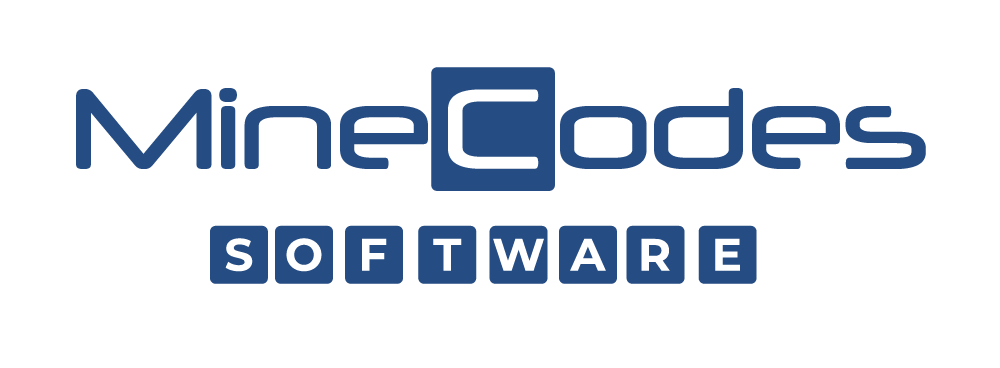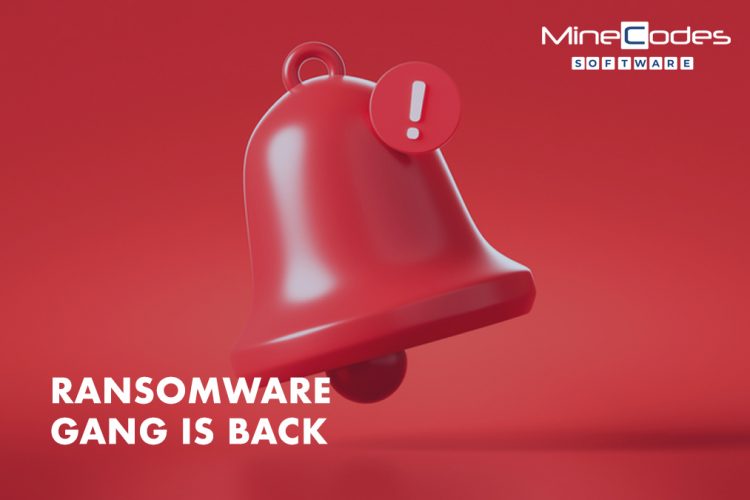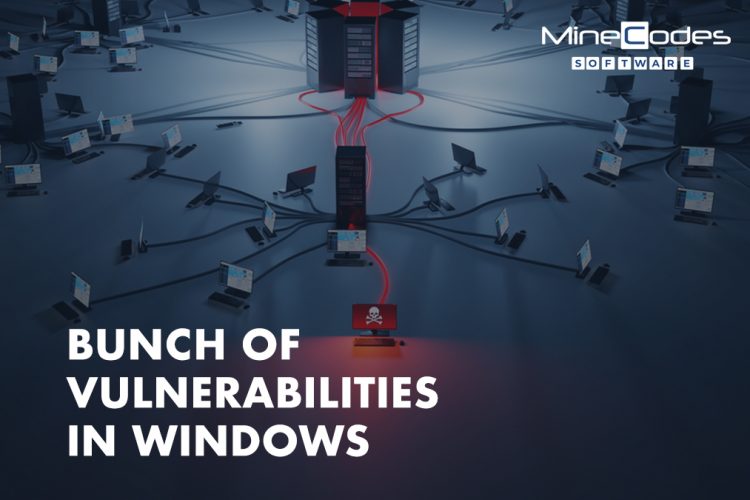
You can keep your data safe from unauthorized access by making a few quick improvements to your computers and passwords, as well as protect your privacy from anyone with whom you don’t want to share your records. It’s simple to get started. Here’s a rundown of a few easy steps you should take to secure yourself and your data online.
Make good use of the resources at your disposal to keep your information secure.
Keep your accounts secure.
Why: Businesses like Equifax, Facebook, Home Depot, Marriott, Target, Yahoo, and many more have experienced data breaches and login leakage in the last decade. If you have any online accounts, at least one of them has most likely been hacked. Do you want to know which of your accounts has been hacked? Have I Been Pwned? allows you to cross-reference your email address with hundreds of data breaches when searching for it.
How: Using a password manager to create and remember unique, complicated passwords for each account is the most valuable thing people can do now to protect their privacy and security. LastPass and 1Password are two of Wirecutter’s favourite password managers. Both will create passwords, check accounts for security violations, recommend bad password changes, and merge passwords between your computer and phone. Password managers can seem intimidating to set up, but once you’ve done that, all you have to do now is surf the web as usual. The password manager stores the passwords when you log in to accounts and advises that you change weak or redundant passwords. You wind up with new passwords for most of your accounts over the course of a few weeks. Adjust the default keys on all computers in your household at this time — whether your home router, smart light fixtures, or surveillance cameras are either using “password” or “1234,” change them.
All can use two-step verification for their online accounts wherever possible. This is a choice that most banks and big social media platforms have. Two-step verification, as the name implies, entails two steps: entering your password and entering a number that only you have access to. Logging in to Facebook with your username and password, for example, is the first move. In phase two, Facebook sends you a temporary code via text message or, better yet, an app like Google Authenticator, which you enter to log in.
Protect your online viewing experience.
Why? So businesses and blogs keep track of everything you do online. Any commercial, social media icon, and website gathers data on your location, surfing habits, and other factors. The information gathered shows a lot more about you than you would think. You might think you’re smart for never blogging about your medical issues or posting any of your theological views on Facebook, but the pages you frequent on a daily basis are likely to provide advertisers with all the information they need to figure out what kind of individual you are. This is one of the reasons why targeted advertisements are now one of the most disturbing aspects of the Internet.
How it works: uBlock Origin, a browser plugin, blocks advertisements and the data they gather. The uBlock Origin extension also protects your browser from spam and provides a simple way to switch off ad blocking when you choose to support pages you know are secure. When you combine uBlock with Privacy Badger, which hides trackers, advertisers are less likely to follow you around. Delete interest-based advertisements from Apple, Facebook, Google, and Twitter to further slow down stalker advertising. Many websites have options for opting out of data collection, but you must do so manually. Simple Opt Out provides direct access to opt-out directions for popular websites such as Netflix, Reddit, and others. This will not entirely solve the issue, but it will greatly reduce the volume of data gathered.
Install the HTTPS Anywhere plugin as well. When a site supports HTTPS Everywhere, it immediately redirects you to the protected version, making it impossible for an outsider to digitally eavesdrop on what you’re doing, particularly if you’re using public Wi-Fi at a coffee shop, airport, or hotel.
A virtual private network (VPN) can be useful for certain users, but it is not required for everybody. A VPN is helpful if you regularly use public Wi-Fi because it provides an extra layer of authentication to your browsing when HTTPS isn’t available. It will also help reduce monitoring based on your IP address and have some anonymity from your Internet service provider. However, when all of your Internet traffic passes through the VPN provider’s servers, you’re opting to trust the business over your ISP not to store or sell your data by using one. Make sure you consider the benefits and drawbacks first, but Wirecutter suggests IVPN if you need a VPN.
On your machine, install antivirus software.
Why: Viruses are still around, even though they aren’t as widespread as they were a decade ago. Malicious malware on your machine can cause all sorts of problems, from irritating pop-ups to covert bitcoin mining to personal information scanning. It’s worth installing antivirus software, particularly on Windows machines, if you’re at risk of clicking dangerous links or if you share a computer with several people in your household.
How to use Microsoft’s built-in app, Windows Defender, if your machine runs Windows 10. After consulting with many experts, Wirecutter has come to the conclusion that Windows Defender provides enough protection for most users. It is the only antivirus solution that Wirecutter recommends. A second layer of security could be required if you are running an older version of Windows (even though we suggest upgrading to Windows 10) or if you have a shared device. Malwarebytes Premium is the safest choice for this. Malwarebytes is unobtrusive, integrates well with Windows Defender, and doesn’t bombard you with thousands of updates like most antivirus programmes do.
Mac users are generally satisfied with the security features built into macOS, particularly if they only download apps from Apple’s App Store and use well-known browser extensions. Malwarebytes Premium is also available for Mac if you want an extra layer of security. Antivirus apps should be avoided entirely on your devices, and you should only import reputable apps from approved stores.
#DigitalPrivacy #OnlineSecurity #AccountSecurity #Antivirus
Article Credits –
nytimes.com



